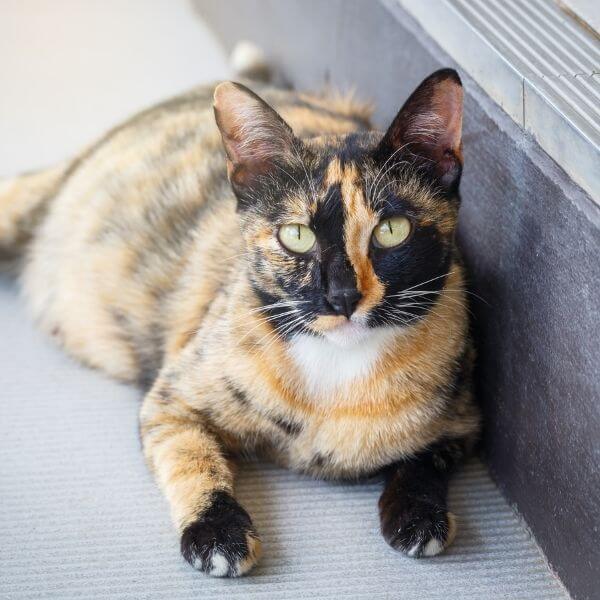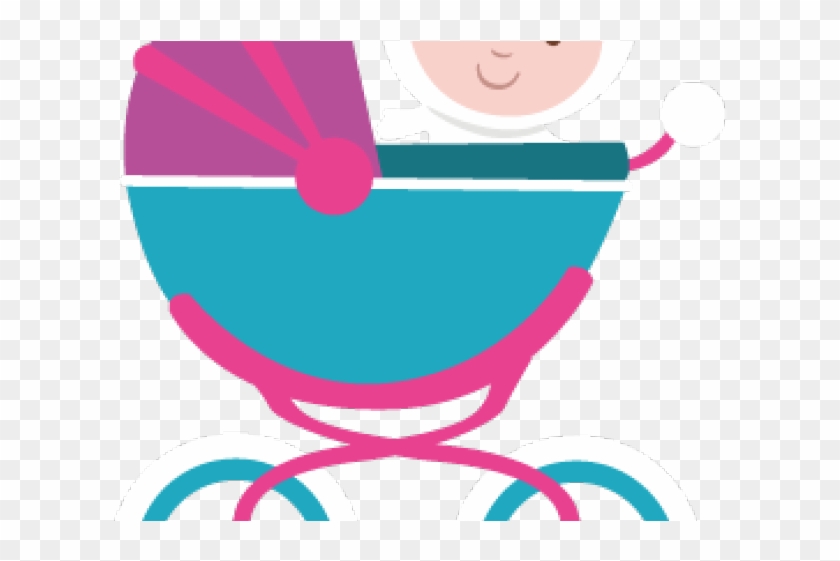Cat pregnancy is an exciting yet complex process for pet owners. Understanding what is cat temp's due date can help you prepare for the arrival of kittens and ensure the health of your beloved feline. Knowing the timeline and signs of pregnancy is crucial for responsible cat parenting.
Cats have a relatively short gestation period compared to humans, which makes it essential for owners to monitor their cats closely during this time. Recognizing the signs of pregnancy and understanding the due date will allow you to provide the necessary care and support for your pregnant cat.
In this article, we will explore everything you need to know about cat temp's due date, including the gestation period, signs of pregnancy, how to calculate the due date, and how to prepare for the arrival of kittens. Whether you're a first-time cat owner or a seasoned feline enthusiast, this guide will equip you with valuable insights.
Read also:Sophia Rain Spiderman Video A Comprehensive Guide
Table of Contents
- Understanding the Cat Gestation Period
- Signs Your Cat is Pregnant
- How to Calculate a Cat's Due Date
- Nutritional Needs During Pregnancy
- Veterinary Care for Pregnant Cats
- Preparing for the Arrival of Kittens
- Common Issues During Pregnancy
- The Birthing Process Explained
- Postpartum Care for Mother and Kittens
- Frequently Asked Questions
Understanding the Cat Gestation Period
The gestation period for cats typically lasts between 63 and 67 days. This timeframe can vary slightly depending on the breed and individual cat. Understanding what is cat temp's due date starts with recognizing this average gestation period.
Cat pregnancy is divided into three trimesters, each lasting around 21 days. During these stages, the kittens develop rapidly, and the mother cat undergoes significant physiological changes. Owners should pay close attention to their cat's behavior and health throughout this period.
Factors Affecting Gestation Period
Several factors can influence the length of a cat's gestation period:
- Age and health of the mother cat
- Number of kittens in the litter
- Breed-specific variations
- Environmental conditions
Consulting with a veterinarian is always recommended to ensure accurate predictions of the due date and to address any concerns.
Signs Your Cat is Pregnant
Recognizing the signs of pregnancy early on is crucial for providing proper care. Here are some common indicators that your cat may be expecting:
- Swollen and pink nipples, often referred to as "pinking up"
- Increased appetite and weight gain
- Nesting behavior, where the cat seeks out quiet, comfortable spaces
- Changes in behavior, such as increased affection or irritability
These signs typically become noticeable around three to four weeks into the pregnancy. If you suspect your cat is pregnant, a veterinary examination can confirm it through ultrasound or palpation.
Read also:Lyracrow Naked A Comprehensive Exploration Of Artistic Expression And Controversy
How to Calculate a Cat's Due Date
Calculating a cat's due date involves determining the date of conception. Since cats are induced ovulators, meaning ovulation occurs after mating, the date of mating is a reliable starting point.
To estimate the due date:
- Record the date of mating.
- Add 63 to 67 days to this date for the estimated due date.
For example, if mating occurred on February 1st, the due date would likely fall between April 5th and April 9th.
Using Ultrasound for Accurate Dating
Veterinary ultrasounds can provide a more precise estimate of the due date. These imaging techniques allow veterinarians to visualize the developing kittens and assess their growth.
Nutritional Needs During Pregnancy
Adequate nutrition is vital for the health of both the mother cat and her kittens. Pregnant cats require a diet rich in protein and calories to support fetal development.
Key nutrients to include in a pregnant cat's diet:
- High-quality protein sources
- Essential fatty acids
- Vitamins and minerals, such as calcium and phosphorus
Consult your veterinarian for specific dietary recommendations tailored to your cat's needs.
Veterinary Care for Pregnant Cats
Regular veterinary check-ups are essential during pregnancy to monitor the health of the mother and her kittens. These visits can help detect and address any potential issues early on.
Veterinary care during pregnancy may include:
- Physical examinations
- Blood tests to assess overall health
- Ultrasound or X-rays to monitor fetal development
Following your veterinarian's advice will ensure a smooth and healthy pregnancy for your cat.
Preparing for the Arrival of Kittens
As the due date approaches, it's important to prepare a comfortable and safe environment for the mother cat and her kittens. Create a nesting area using a large box lined with soft bedding. This space should be quiet, warm, and easily accessible for the cat.
Essential Supplies for Kittens
Having the necessary supplies on hand will make the birthing process smoother:
- Clean towels and blankets
- A heating pad or warm water bottle to keep kittens warm
- Kitten formula and bottles in case supplemental feeding is needed
Being prepared will help reduce stress for both you and your cat during this critical time.
Common Issues During Pregnancy
While most cat pregnancies progress smoothly, some complications can arise. Awareness of these issues can help you respond promptly if they occur.
- Miscarriage or stillbirth
- Infections, such as uterine infections
- Nutritional deficiencies
Seek veterinary assistance immediately if you notice any signs of distress in your pregnant cat.
The Birthing Process Explained
The birthing process, also known as queening, typically lasts between 12 and 24 hours. During this time, the mother cat will deliver each kitten individually, usually with intervals of 30 to 60 minutes between births.
Signs that labor is imminent include:
- Restlessness and pacing
- Nesting behavior
- Decreased appetite
It's important to remain calm and supportive during this process, offering assistance only if necessary.
Postpartum Care for Mother and Kittens
After the kittens are born, proper postpartum care is crucial for the health of both the mother and her offspring. Ensure the mother has access to fresh water and a nutritious diet to support milk production.
Caring for Newborn Kittens
Newborn kittens require constant care and attention. Monitor their weight gain and ensure they are feeding adequately. Keep the nesting area clean and warm to prevent illness.
Frequently Asked Questions
How long is a cat pregnant?
The average cat gestation period is 63 to 67 days.
Can I handle the kittens right after birth?
It's best to allow the mother cat to bond with her kittens before handling them. Wait at least 24 hours and always wash your hands before touching the kittens.
What should I do if labor seems prolonged?
Contact your veterinarian immediately if labor exceeds 24 hours or if the mother cat appears to be in distress.
Kesimpulan
Understanding what is cat temp's due date is essential for ensuring a healthy pregnancy and successful delivery. By recognizing the signs of pregnancy, calculating the due date accurately, and providing proper care, you can support your cat through this important phase.
We encourage you to share this article with fellow cat owners and leave a comment below if you have any questions or additional insights. For more information on cat care, explore our other articles on this site.
Source: VCA Hospitals


